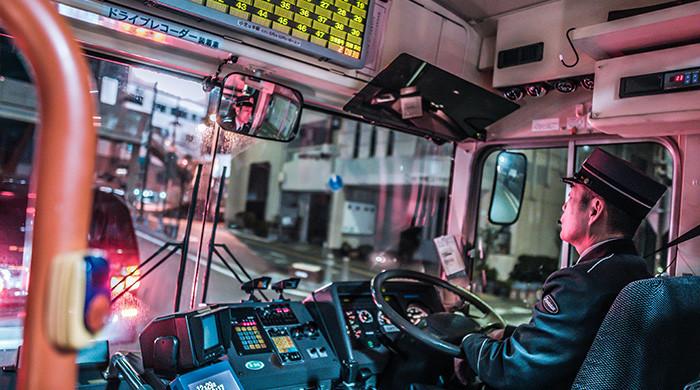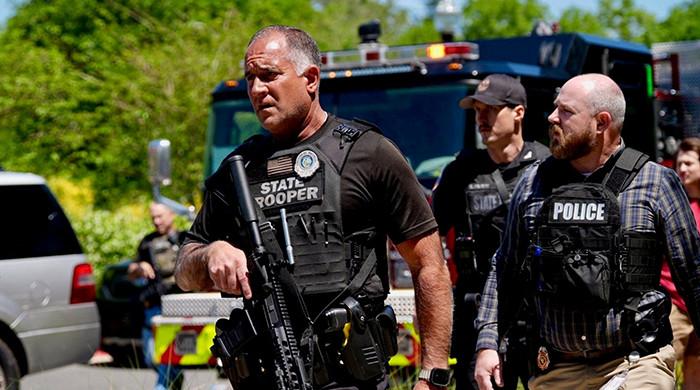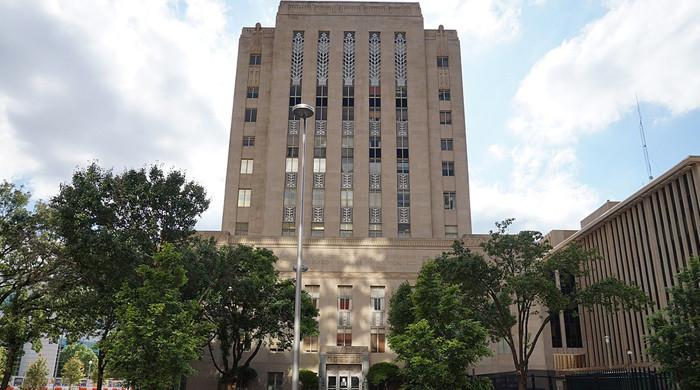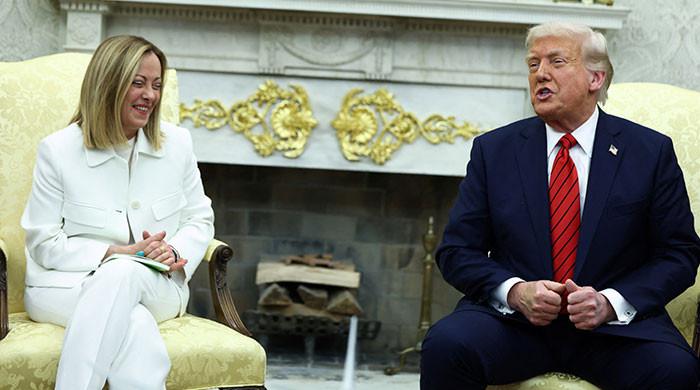Indian Supreme Court gives Babri Mosque land to Hindus, allots alternate land to Muslims
Indian government has stepped up security in Ayodhya, other communally sensitive areas
November 09, 2019
NEW DELHI: The Indian Supreme Court on Saturday ruled that the disputed Babri Mosque land should be given to the Hindus, while ordering the Muslims be allotted an alternate land as a replacement for the destroyed Babri Mosque.
The Indian top court issued the order while reading out its verdict on the ownership of a centuries-old religious site claimed by both majority Hindus and Muslims.
At the beginning of the hearing, Indian Chief Justice Ranjan Gogoi announced that the verdict was unanimous.
"Muslims should not be deprived of a structure; will get alternative site for masjid", the Indian Supreme Court said.
The order directed the Indian government that it should within three months formulate a scheme envisaging setting up of trust. It added that the possession of inner and outer courtyards will be handed over to the trust.
The trust will provide for construction of the temple on the disputed land.
It also ordered that a suitable plot of land measuring five acres to be handed over to Sunni Waqf Board either by the Indian government or the state government.
Read also: FM Qureshi questions timing of Babri Mosque verdict
The court further gave liberty to Sunni Wakf Board to construct a mosque on the allotted land.
While reading out the verdict, Justice Gogoi said the decision was taken on the basis of the Archaeological Survey of India (ASI).
Quoting the ASI report, the Bench said, "The underlying structure in the disputed site was not of Islamic origin, however the report does not support whether the temple was demolished."
The court in its verdict also said the mosque was not built on a vacant land, as claimed by the Muslim petitioners.
However, the top Indian court ruled that the destruction of mosque was against the rule of law.
Meanwhile, in the first case, the Indian SC dismissed a plea of Shia Waqf Board against the Sunni Board on a claim to the Babri Masjid.
To another case, the Indian apex court ruled, "It will be inappropriate for it to play role of theologian and interpret Hadees. The apex court finds the Nirmohi Akhara’s suit barred by limitation, but says Ramlalla Virajman suit is within limitation period."
Thousands of paramilitary force members and police have been deployed in the northern town of Ayodhya, where Babri Masjid was razed in 1992 by hardline Hindus who believe the site is the birthplace of Lord Ram.
The destruction of the mosque triggered religious riots in which about 2,000 people, most of them Muslims, were killed across the country and led to a series of court battles with various groups staking claim to the site.
The verdict will decide the ownership of a plot of land of just 2.77 acres (1.1 hectares) that has been heavily protected since the 1992 clashes.
Read also: Babri Masjid land dispute: Indian Supreme Court reserves verdict
Prime Minister Narendra Modi’s Hindu nationalist party has long campaigned on a promise to support the construction of a Hindu temple on the site of the razed mosque.
“It may seem to be just a piece of land but for us it is a pious place where our god was born,” said a senior Hindu leader affiliated with Prime Minister Narendra Modi’s party.
“We hope the court rules in favour of the Hindus,” said the leader, who declined to be identified due to the sensitivity of the issue.
Whichever way it goes, the court decision is likely to have a significant impact on fraught relations between India’s Hindus and Muslims, who constitute 14 per cent of its 1.3 billion people.
The government has stepped up security not just in Ayodhya but in other communally sensitive areas and rapid action forces have been put on a high alert.












